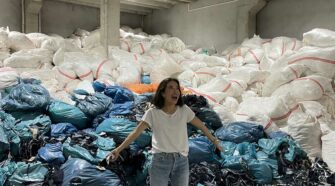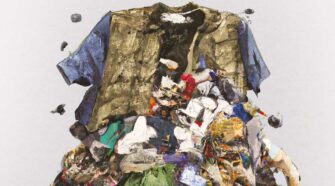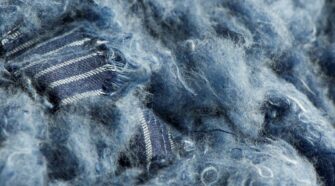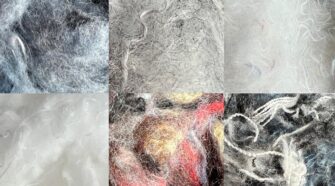Sustainability

Defining Cotton Recycling At the Next Level
Since 2019, Säntis Textiles has been producing around 300-350 tons of 100% recycled cotton monthly using specially-developed RCO100 technology at the plant of its partner Kipas in Kahramanmaras, Turkey.The technology …

Textile Recycling: State of Play
Interview with Report Author Brett Mathews The April launch of a new report “Textile Recycling: State of Play,” was directed not just at the textile industry but at potential investors. …

Reducing Fugitive Microplastic Pollution
Reports abound on the issue of textile materials and waste and the implications for the environment. Most companies serving the industry have research and development teams attached to tackling their …

Lenzing’s Pursuit for Tomorrow’s Denim: Pioneering Circularity in the Fashion Industry
The environmental impact of production processes and textile waste has long been a pressing concern in the fashion industry, with denim being perhaps the most pressing sector of all. As …

Recycling Conundrum
Extreme Recycling and the Short Fiber Challenge Switzerland ranked top in the list of the world’s most innovative countries for the 12th year running in 2022, keeping the USA in …

